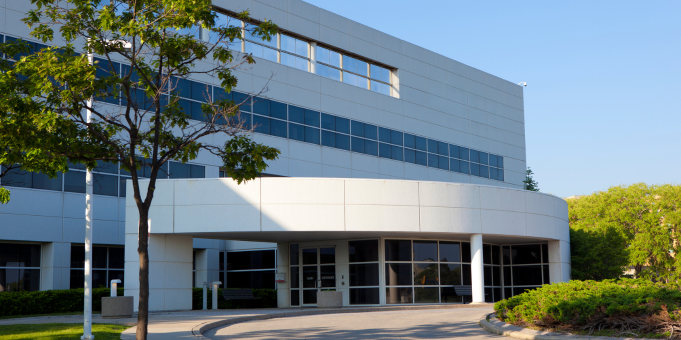Though you may not be familiar with the terminology, Newton’s City Councilors are considering a proposal for a new BERDO ordinance that would benefit our climate by dramatically reducing the amount of fossil fuels being used in the city. Below are answers to some common questions about BERDO.
If you would like to learn more, there will be a presentation on BERDO on Thursday, May 30 from 6:30-8:30pm at the Parish Hall of the First Unitarian Universalist Society in Newton (1326 Washington Street, Newton).
What is BERDO?
It stands for Building Emission Reduction and Disclosure Ordinance, which is an ordinance being proposed for existing Newton area buildings over 20,000 square feet of floor space. Similar ordinances have been passed in Boston and Cambridge and one is being considered in Watertown.
What kind of buildings would the ordinance apply to?
If passed, it would apply to commercial buildings (including institutional and industrial buildings) over 20,000 sq feet. (Mayor Fuller plans to propose, in 2025, an ordinance to expand BERDO to apartments over 20,000 sq. ft. and condos of that size with a single heating and water system that serves the entire building).
What does the ordinance require building owners to do?
It requires building owners to measure their greenhouse gas (GHG) emissions and achieve progressively stricter emission standards over time.
Why is BERDO important?
Newton has committed to reducing its greenhouse gas (GHG) emissions to net zero by 2050. Large existing buildings (Commercial) account for 23% of our total GHG emissions. The residential buildings to be included in BERDO account for 5% more. Commercial buildings alone account for 167K metric tons of CO2/year. In order to meet our goal of reducing GHG emissions, large buildings will need to move away from oil and gas powered heating, hot water, and cooking equipment. As our electric grid becomes increasingly powered by renewable energy, the newer technologies for heating, cooling and water heating that are powered by electricity will bring our GHG emissions down to zero.
How many buildings will this ordinance apply to?
There are 292 commercial buildings in Newton over 20,000 sq. feet, which are owned by 179 owners.
Why now?
The world has missed the window to keep average world temperatures from rising more than 1.5 degrees Celsius as recommended by the IPCC to prevent the worst effects of climate change. However, every tenth of a degree rise that we can prevent will save millions of lives, and potentially prevent catastrophic tipping points from occurring. Newton will not be able to meet its goal of becoming carbon neutral without addressing the carbon emissions from our existing buildings.


Recently on Twitter